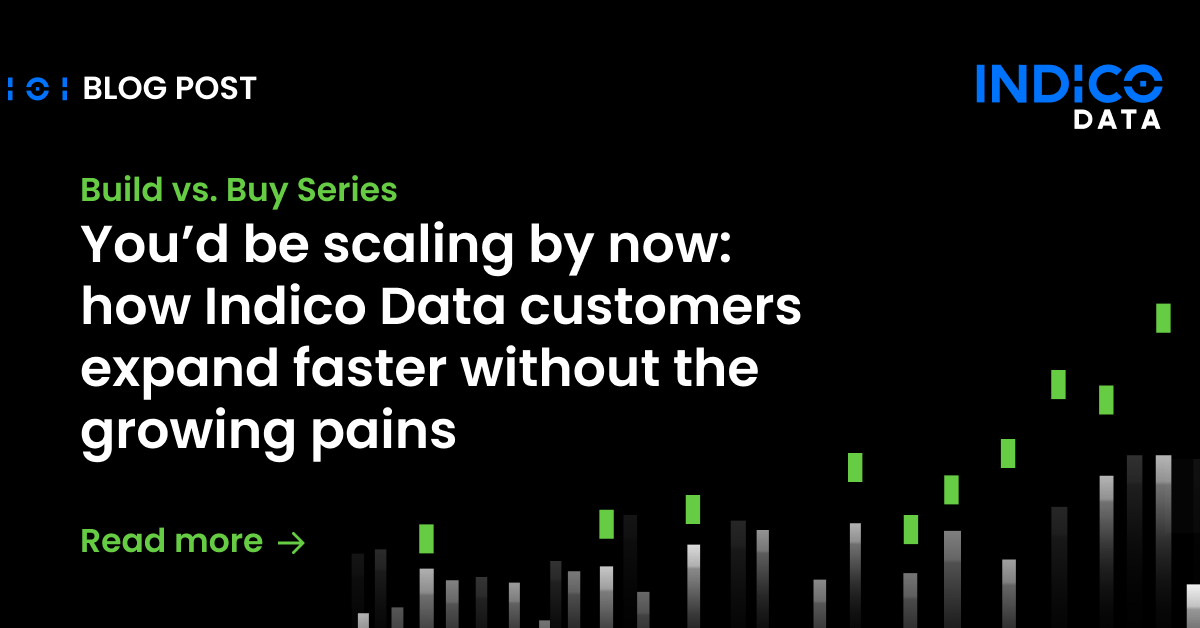As companies look to implement insurance business process automation, they would do well to consider a process that sits between underwriting and claims: policy servicing. Automating insurance policy servicing delivers benefits through the entire lifecycle of a commercial insurance policy, including improved employee productivity and accuracy.
As with automating commercial insurance underwriting and automated automated claims processing, however, effective insurance policy change automation solutions must incorporate a healthy dose of artificial intelligence. Only then will the solution be able to accurately assess incoming documents and extract relevant data.
Importance of automating insurance policy servicing
While companies have rightfully been focused on commercial insurance document automation solutions that address the underwriting and claims processes, many of the same principles apply to policy servicing, also known as policy lifecycle management or policy maintenance.
Automating any of these insurance business processes involves the concept of intelligent intake, where an AI-based platform is used to read whatever documents are relevant to the process, extract pertinent data, and input the data into a downstream system such as Guidewire. The idea is the intelligent intake platform can perform the process far more quickly and accurately than even your most capable associates.
AI is crucial to successful insurance policy automation because most of the documents involved include unstructured data – and only AI-based solutions can “read” unstructured data. Older solutions that employ robotic process automation (RPA), for example, can deal only with structured documents, where the same data is in the same place on each document.
Including policy servicing or management in your insurance business process automation portfolio is important because a single policy may require multiple service-related touches over its lifecycle, vs. the more sporadic nature of underwriting and claims. Let’s take a look at a few of the common ways intelligent intake can help you automate insurance policy servicing.
Related content: How insurers are benefiting from underwriting automation
Automating insurance policy issuance
Once the underwriting process is completed and the company decides to write a policy, the next step is the actual policy issuance. This can be a tedious process, involving manually transcribing or cutting and pasting information from application forms and supporting documentation to internal systems.
AI-based intelligent intake models can be trained to automate the process. They learn based on actual documents involved in the process, guided by your policy issuance experts who train the models on what data to look for. This form of intelligent document processing can address 70% or more of the manual work that’s normally involved in policy issuance.
Related content: Automated processing turns insurance claims from cost center to differentiator
AI-based policy updates and management
Probably the most common area for automation in insurance policy servicing is in the day-to-day updates made over the lifecycle of any given commercial policy.
When an automobile rental company buys a new fleet of cars, for example, the company will likely let its broker know and the broker, in turn, informs the insurance company. The insurer will need various supporting documents – including titles for each auto – to accurately reflect the change to the policy, all of which normally require an insurance associate to process.
With intelligent intake, an AI model can once again be trained to instead review the relevant documents, pull out the required data, and input it into Guidewire or another downstream policy management system.
The same goes for simple updates such as a change of address or phone number, adding a new corporate officer to a policy, updates to banking information, and the like. Even such simple changes take time to translate the update from broker to your associate and into the policy management tool. Each step also introduces the possibility for error. Intelligent intake dramatically reduces the time required while increasing accuracy.
Related content: How ChatGPT and other GPT-3 AI technologies may apply to the insurance industry
Search and compare updates
Another emerging area in insurance policy automation solutions has to do with making updates that apply to a wide swath of policies, such as to comply with a new or updated state regulation.
Some intelligent intake solutions support a search and compare function, whereby the solution can search a group of policies and find those with language indicating they are subject to the new regulation. The platform can then automate the process of updating the policy with language to comply with the new regulation. That sort of functionality can save untold numbers of employee hours vs. performing such functions manually.
When properly implemented, intelligent intake can be a cornerstone of a sound insurance business process automation strategy. Learn more about how the Indico Data platform can help.


